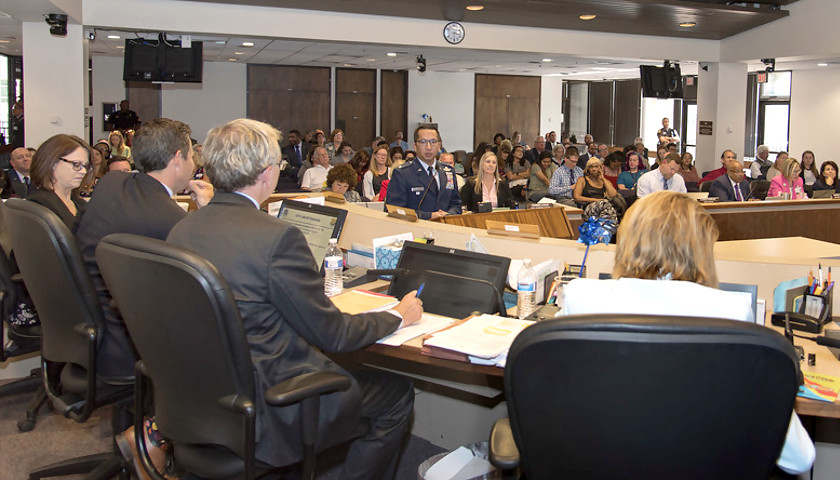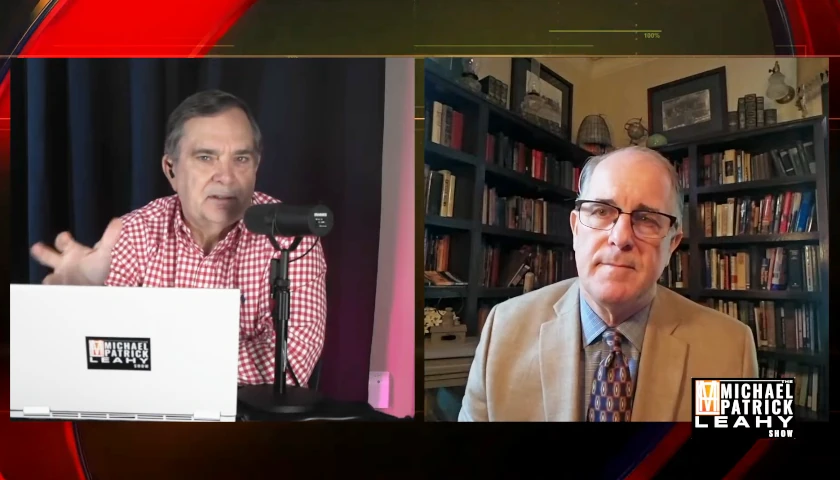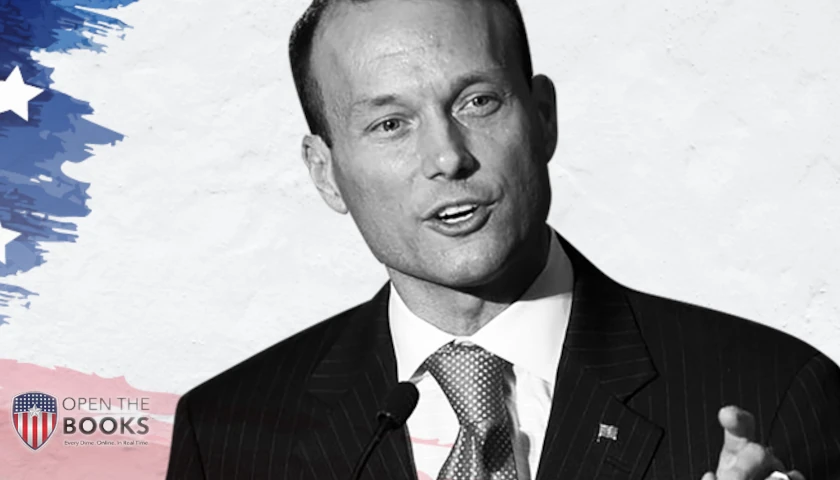by William Haupt III
“Hardly anybody pays attention to local elections, but it’s more important to them whose mayor, on the city council, county commission, and the school board than who is president.”
– Joe Biara
In the wake of the 2008 financial crisis, the Tea Party movement was born when NBC annalist Rick Santelli screamed that President Barack Obama’s mortgage relief plan would “subsidize losers” and Americans should revolt! This five-minute rant became the “Tea Party” rallying cry and created a whole new group of political activists.
Previous populist movements chastised big business. But the Tea Party focused its ire on the federal government and extolled the virtues of free markets. Although the Tea Party revolution faded into the archives of political movement history, 69 percent of the Republican Congress members proclaim allegiance to their platform of limited government and unlimited states rights.
While the growing domination of progressivism was once answered by the Tea Party movement, even through the efforts of Donald Trump, we have seen little meaningful change in Washington. There are more people voicing opinions about our federal government than any time in history. As tempers flair, political veterans and the politically uneducated point their fingers at DC as the cause and solution for every problem. Progressives are blatantly disrupting all efforts to govern and those looking for real solutions feel hopeless. The federal government is stuck behind a leftist roadblock and there is no detour around it. And they are snarled in their worst traffic jam in American history.
How soon we forget. What happens in our backyard doesn’t stay there. Our first governments were prototypical of the English “shireships.” Shires were created in the ninth century to serve as local bureaus for the crown. After the Norman Conquest in 1066, shires were renamed “counties.” They functioned with a plural executive board of commissioners. Just as our county governments in the English counties, the shire-reeve, or “sheriff,” was the justice of the peace. Today, our county sheriff remains the chief police authority in the state.
“I’m a deputy sheriff. I am the law!”
– Erik Estrada
After the revolution, counties remained the first administrators of the states. They retain that status today. There were counties before there were cities or states in America. And county government remains the oldest local governing body in our union. Yet many have forgotten its importance and less participate in overseeing it. Despite the enormous role local government played in the lives of the colonies, when the Constitution was first presented to them, their biggest concern was limiting federalism. They demanded a bill of rights to further isolate them from federalism and felt the local governments would protect those rights, not violate them. That was the first mistake they made.
Although Obama’s new progressivism woke up the sleeping giant of American individualism and a desire to control federal government, the solutions are not in Washington. The problems take root in our local county seats. All government is local and local government is the core foundation for all government. If we have a nefariously corrupt, out-of-control county government, we will always have decadent and iniquitous officers in our state houses, Congress and White House. The health of our county governments reflects the health of our states and inevitably reflects the health of our nation.
“Every state and local government has to use real accounting except for Uncle Sam.”
– Jim Cooper
Our county governments are our first line of defense against federalism. They exist as agents of the states and have the authority and power to enforce all state laws. In turn, they are responsible for adjudication of all directives in all cities. Cites have assumed many responsibilities for fire, police, and utility management, but core functions remain at the county level. This includes registering voters, collecting taxes, running elections, prosecuting criminals, recording deeds, legal records, making road repairs, keeping vital statistics, running sheriff stations, and public health agencies.
“In city hall and in local government, you have to get things done without drama.”
– Jim Gray
Richard Nixon once remarked, “Sure there are dishonest men in local government. But there are dishonest men in national government, too.” Originally, people served out of dedication and duty. Until the 20th century, most county officials were only compensated from fees and fines. It was not until the Progressive Era of the 1900s that fee-based compensation led to rampant local corruption. This was the beginning of the “good ol’ boy” clubs in our local governments. And this is how our county commissions got stacked against us with county employees and school board members.
The commission has always been the governing body in the county. And since this is the heart of the government, and has the most control over our lives, we should control it, not allow it to control us. But many county commissions no longer serve “the people,” but special interests, and in many cases, agencies and departments they work for. We’ve got “governments of employees” instead of “governments of the people”! And nobody seems to care.
“No one can serve two masters, because either he will hate one and love the other, or be loyal to one and despise the other.”
– Matthew 6:24
Tip O’ Neil told us, “All politics is local” because these are the people who affect our lives the most. In the last century, urbanization has brought increased populations to our counties, which increased their authority. As populations grow, so does abuse by county commissions, yet county government remains an afterthought in America. Few know who their commissioner is, or who does what and when? When local elections are held, even fewer know or care who is running if they know about them at all? In America, county elections have the smallest turn-out of any election in the country.
When Obama told America, “We need to fundamentally change America,” too few got the message. But when they witnessed the overnight success of Moveon.org, the Center for American Progress, and Media Matters, many sleeping patriots got involved. They formed groups and held meetings and fought back. After Obamacare passed, they took over the House the next election, then “kicked back.” And too few bothered to vote in their next local election? They did nothing as the new left was taking over county commissions and winning mayoral and city manager races.
Many Americans view county government as a necessary evil to provide services. But as they assume more authority, they incubate more future state and federal political officials. The citizen’s role in commission oversight is essential for survival in today’s progressive world. It all starts at the county. The more nepotistic and incestuous they become, the more corrupt our state and federal governments mirror them.
“The cream always rises to the top: Even when it is sour!”
– John Roily
County government is the “minor league” for all governments. Federal spending is shaped by an incest-ridden relationship with influential local governments, politicians and special interests. This makes county government our biggest concern and liability. Local politicians petition federal and state governments for funding for local projects. This feeds the food chain that grows government. That is why voting for local county officials is more important than voting for the president. They are the ones who empower and shape federal policy; now and in the future. And that come back to haunt us in too many ways to count.
“All good government must begin at home.”
– Hugh R. Haweis
– – –
William Haupt III is a contributing columnist to The Center Square, and a retired professional journalist and author. He served in the California legislature for over 40 years, and got his start working to approve California Proposition 13.
Photo “County School Board Meeting” by US Air Force.





